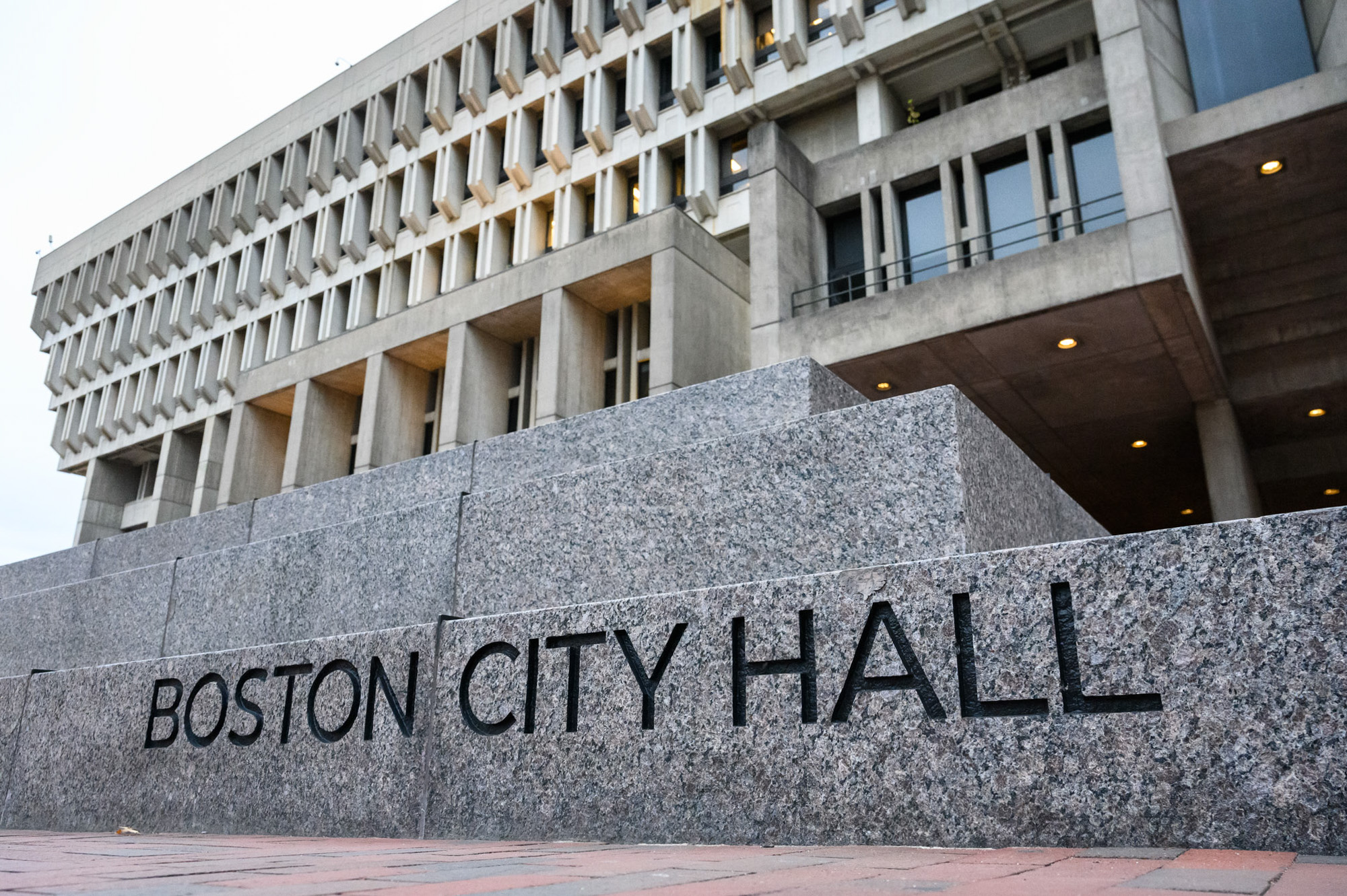Boston City Council reelected City Clerk Alex Geourntas and Assistant City Clerk Dassie Bheecham and debated two amendments to the Home Rule Petition during its Wednesday meeting at City Hall Plaza.

City Council President Ruthzee Louijeune nominated Geourntas and Bheecham for reelection, extending their employment until Feb. 7, 2028. Both were reelected unanimously.
Before being elected as city clerk in 2022, Geourntas served as assistant city clerk for 17 years.
Additionally, during the meeting, Councilor Edward Flynn proposed two new amendments to the Home Rule Petition, which aims to preserve affordable housing and implement future climate resilience measures.
The first amendment aims to provide relief to municipal employees, who Flynn said are “essential” to Boston’s functionality. The second amendment would provide a $1,000 rebate to long-term residents of the city aged 55 years or older.
“Let’s ensure our city workers know that they’re valued,” Flynn said. “They are our neighbors, they are family members, they are youth sports coaches.”
However, Councilor Gabriela Coletta Zapata said she worries these amendments would contradict the Constitution of Massachusetts.
“The proportionality requirements dictates that all property within the same classification must be taxed uniformly, with limited exceptions allowed under state law,” Zapata said.
This amendment went directly against those provisions, Zapata said. She said she was opposed to even bringing the first amendment to debate, given the legality problems, although she later rescinded and voted in favor of bringing it to debate.
Zapata said she did not intend to stifle debate with her comments, but rather she intended to inform everyone’s vote.
Flynn said he wanted to discuss the legality of the amendment with a lawyer, which was done during a brief recess.
The conclusion was still “unclear,” as the City Council staff attorney said they could not determine whether the amendment was legal or illegal.
The amendment did not pass, garnering only three of 13 votes.
The second proposed amendment faced similar issues.
Zapata said requiring residents to be of a certain age and be residents for a certain time could conflict with the amendments themselves, as it “could be seen as favoring one group of property owners over the other, without demonstrating to the legislative process the distinct benefit.”
It faced a similar fate, receiving only four votes in its favor and not passing.





















































































































youtube reels image download • Feb 13, 2025 at 2:52 am
I love how thorough this article is. You left no stone unturned, and the explanations you provided helped clarify many questions I had about the topic.